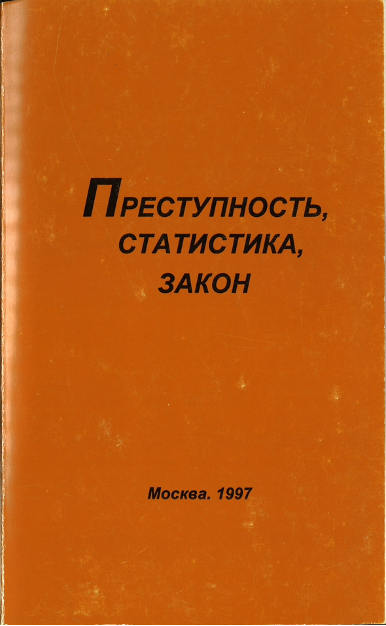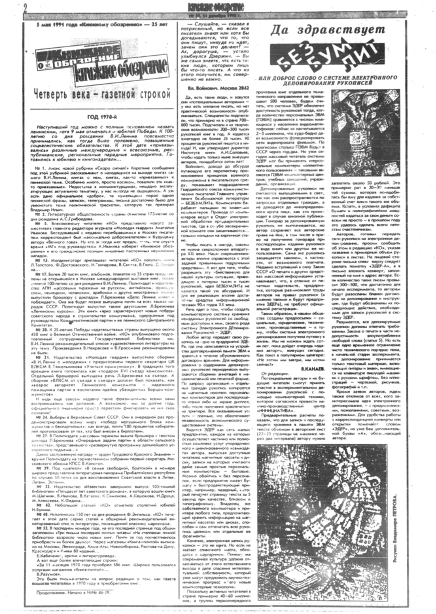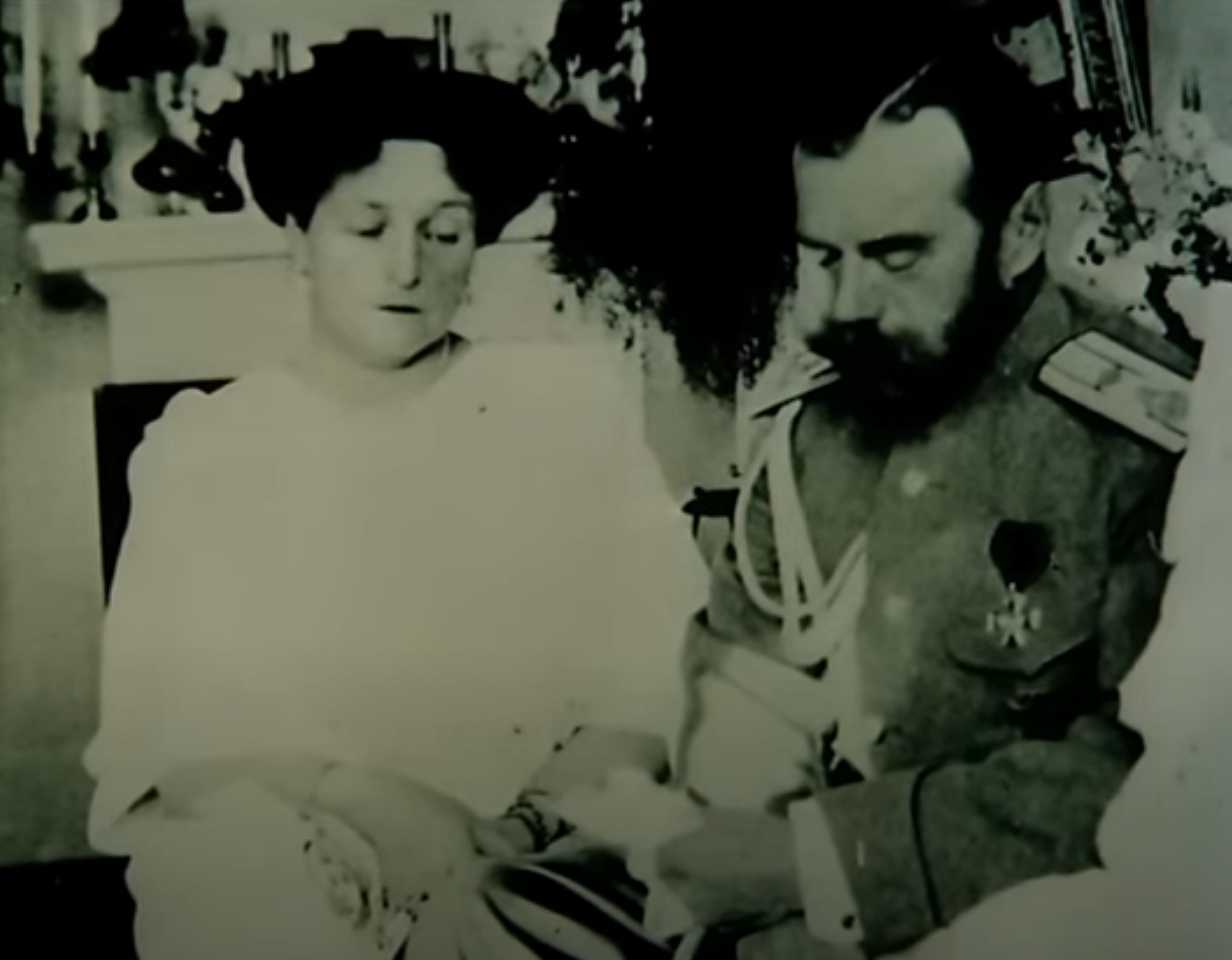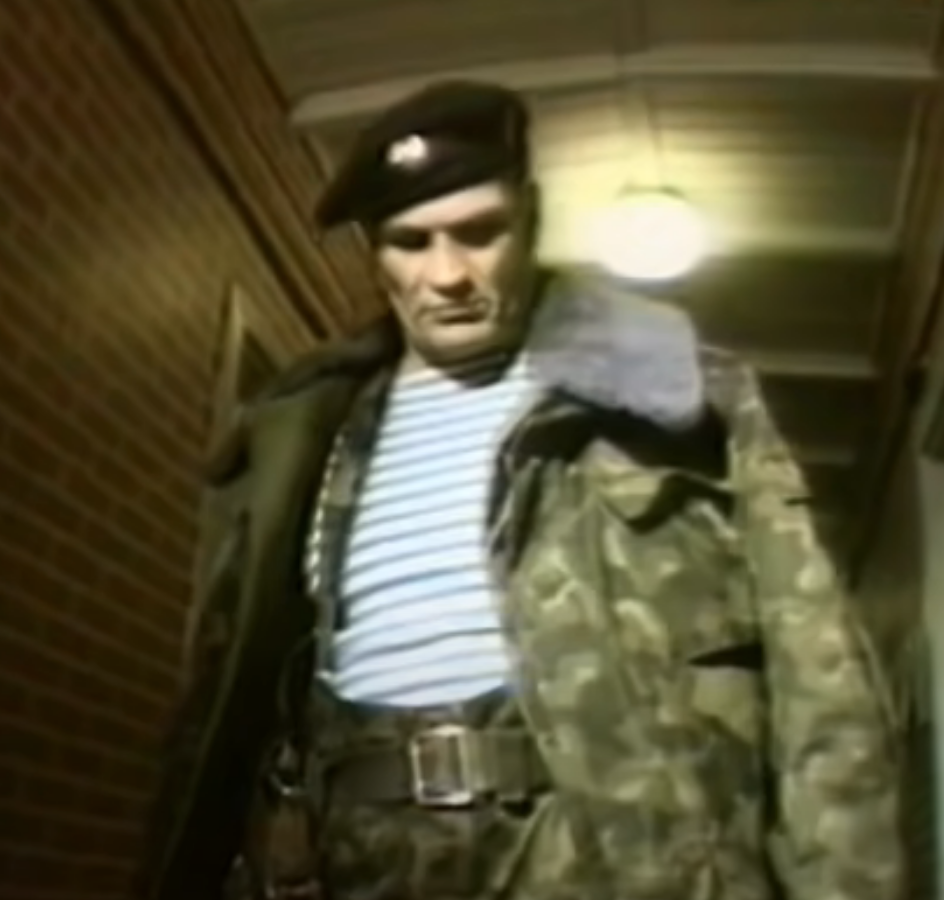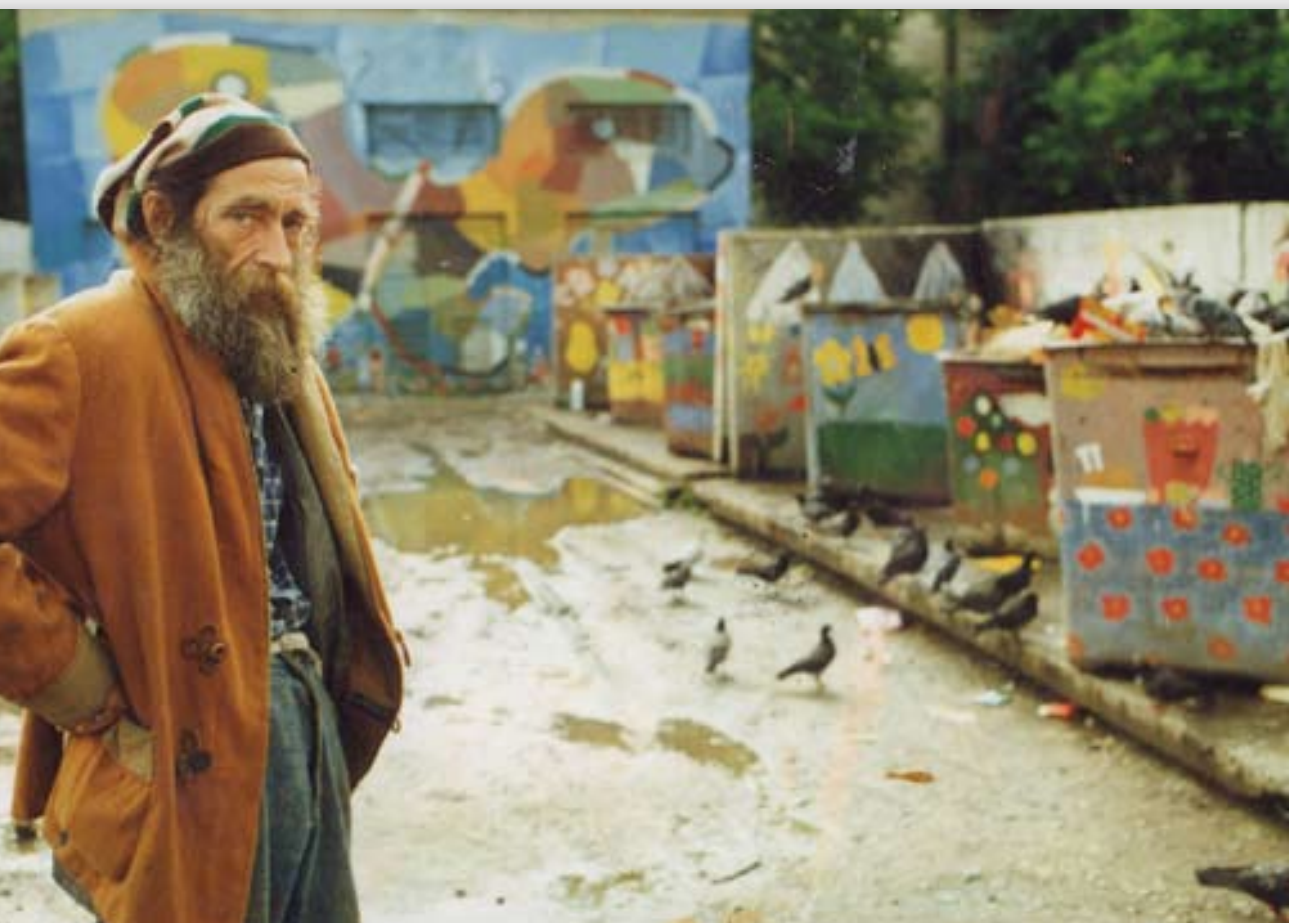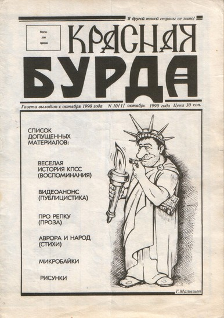Russian Crime Statistics, 1980-1996
Nothing epitomized the everyday experience of the urban Russian 1990s like crime. As this first comprehensive statistical study of the 1990s demonstrates, crime was just as bad as everyone had anecdotally experienced. The numbers also reveal some unexpected trends.
Long Live PaperLessLit
Soviet paper shortages, new computer technologies, and the lifting of censorship come together in an unexpected way in this proposal to preserve manuscripts of unpublished authors for posterity.
“No Way to Live”: Imperial nostalgia as a post-Soviet Russian project
An excerpt from Stanislav Govorukhin's (1936-2018) influential documentary on late perestroika malaise and the ways out of it.
"Our boys" fight against “fascist” Baltic independence
"Nashi [Our Boys]," journalist Alexander Nevzorov's propagandistic documentary about the Latvian and Lithuanian divisions of the Soviet OMON (special forces), who fought local independence movements in early 1991.
B. U. Kashkin in front of painted rubbish bins at the Ural Electro-Technical Institute, 1993.
The bearded B.U.Kashkin (1938-2005) stands in front of an array of trash bins painted with bright, colorful scenes featuring trees, butterflies, and flowers. Against the background of this artistic display, pigeons are seen digging through the site’s abundant garbage and mud.
Grigory Malyshev, cover for the magazine "Krasnaia Burda" (Red Hogwash), Issue 1, October 1990
The cover of the first issue of the humor magazine Red Hogwash (1990-) depicts a man in a Statue of Liberty costume, lighting a cigarette with the torch.
